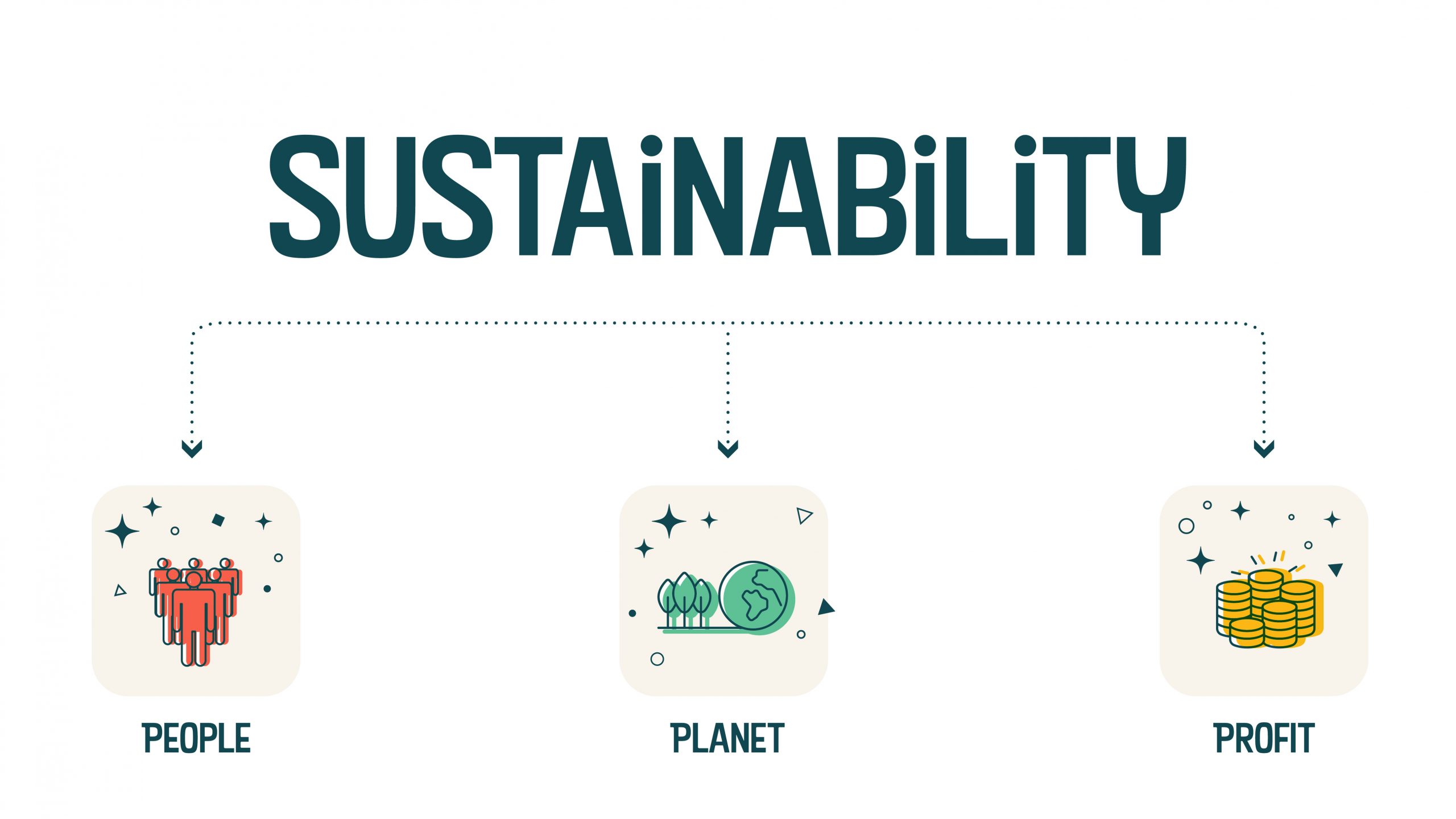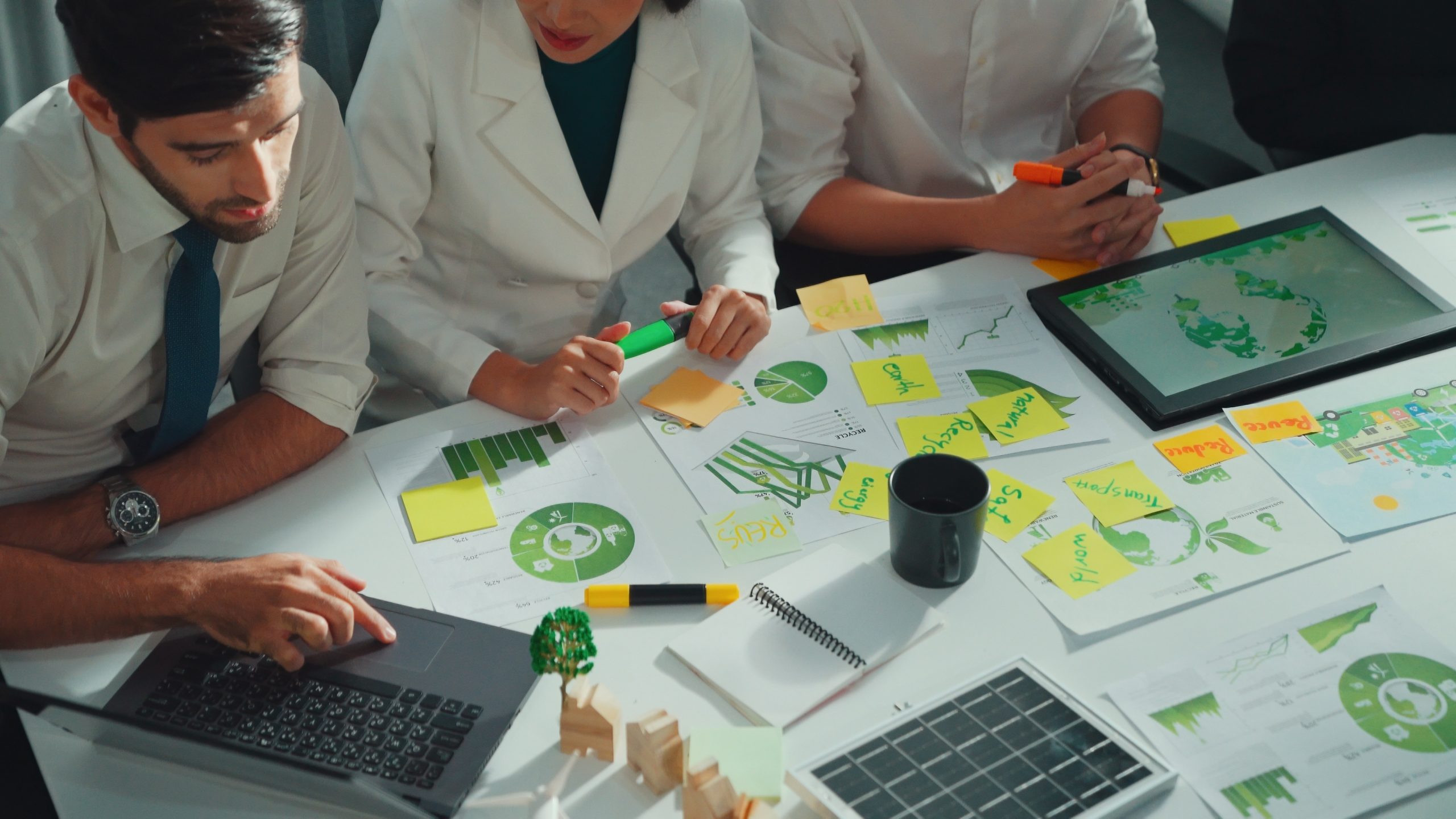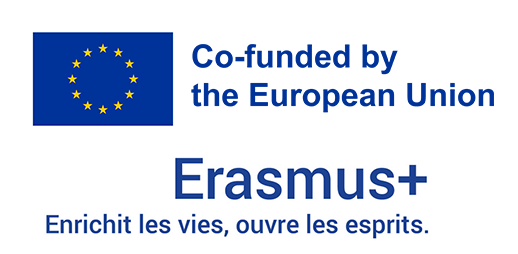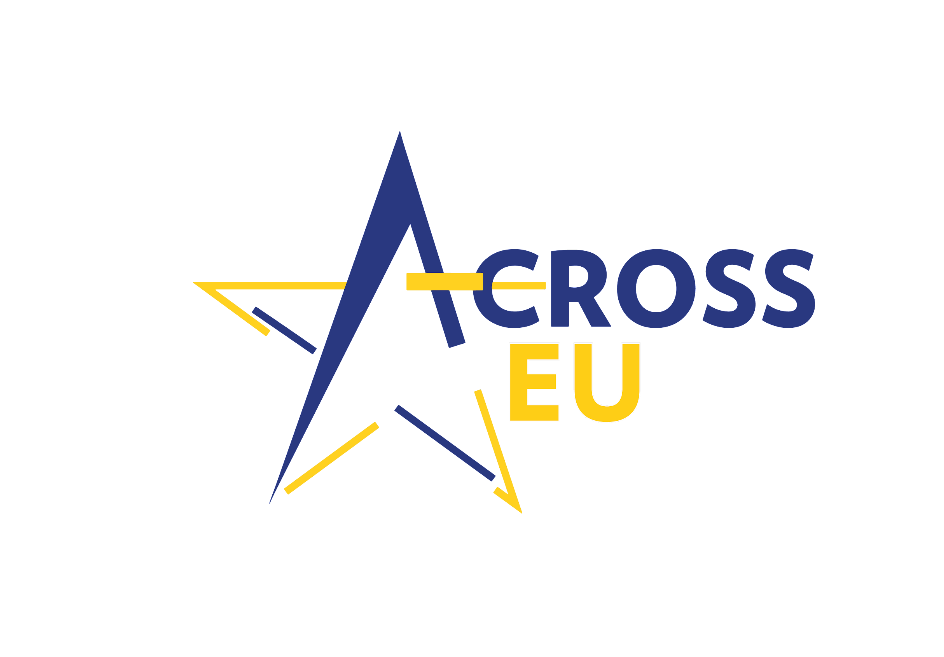

Virtual Studies
This innovative 5-week online course focuses on Sustainable Entrepreneurship with an emphasis on Artificial Intelligence (AI) tools. Designed for students from partner universities across Europe, this program promotes active learning, practical problem-solving, and cross-disciplinary collaboration. Students will engage in teamwork and hands-on activities, addressing real-world challenges that emphasize social, societal, and environmental impacts. Through flipped classroom methods, students will access engaging video lectures, complete assignments, and have direct online meetings with academics to discuss solutions for sustainable entrepreneurship.
Every week students will tackle on with one of the 5 main key themes on the programme:
- Sustainable Entrepreneurship
- Innovation in Entrepreneurial Ventures
- Prototyping Technologies for Entrepreneurial Excellence
- Cybersecurity in the AI Era for Entrepreneurs
- Intelligent Food Packaging for Sustainability

SUSTAINABLE ENTREPRENEURSHIP
The module introduces sustainable entrepreneurship principles, emphasizing the triple bottom line (people, planet, profit) for long-term value creation. It explores the role of sustainable entrepreneurs and strategies for integrating sustainability into business operations to gain a competitive edge and contribute to a regenerative economy. It focuses on essential concepts and tools for navigating today’s fast-changing environment, equipping participants with skills for environmental scans and strategic planning.
Learning outcomes
1: Demonstrate an understanding of the principles of sustainable entrepreneurship, including the Triple Bottom Line, and articulate its connection to innovation and societal impact
2: Recognize and evaluate opportunities for sustainable entrepreneurship, applying appropriate methodologies to drive organizational or societal change
3: Design and implement effective communication strategies to promote and disseminate sustainable practices to diverse stakeholders
4: Apply the principles of Futures Studies to analyze and address challenges in a VUCA environment, showcasing adaptability and strategic thinking
5: Identify and interpret trends, megatrends, wild cards, and weak signals to make informed predictions and prepare for sustainability challenges
6: Employ foresight tools, such as PESTLE analysis, to assess and propose solutions for sustainability-focused opportunities in business and societal contexts

INNOVATION FOR SUSTAINABLE ENTREPRENEURSHIP
The module aims to develop innovative and sustainable business ideas using Design Thinking methodology and various innovation tools to enhance creative thinking.
It emphasizes adapting the Business Model Canvas to incorporate sustainability principles, ensuring a balance between economic success, environmental responsibility, and social impact, known as the Triple Bottom Line approach.
Participants will learn to create a sustainable one-pager that effectively communicates a business idea, highlighting its economic, environmental, and social value.
The module will also explore leveraging AI tools to boost creativity and problem-solving in the innovation process and cover the fundamentals of innovation project management.
Learning outcomes
By the end of this module, participants will be able to:
1: Identify and pursue sustainable business opportunities by uncovering unmet market needs and developing innovative solutions to address those gaps responsibly
2: Apply the Design Thinking methodology and creative techniques such as SCAMPER, the Problem-Solution Tree Method, and the Problem-Solution Task Template to generate, structure, and refine innovative solutions for sustainability challenges
3: Identify and integrate key components of the Business Model Canvas (BMC) into a sustainable business framework, incorporating environmental and social impact
4: Leverage AI tools, like ChatGPT, for enhancing creativity, idea generation, and solving complex problems in innovation.
5: Plan and execute innovation projects using foundational innovation management techniques

Prototyping Technologies for Entrepreneurial Excellence
The module is divided into 4 key sections, each featuring a mix of theoretical background, hands-on experience, and project-based learning. Participants will engage with each technology through practical exercises and end the course by creating a functional prototype that integrates the skills learned.
Learning outcomes
1. Proficiency in Prototyping Tools: develop hands-on skills in using 3D printers, laser cutters, CNC machines and digital tools for creating functional prototypes.
2. Rapid Prototyping Methodologies : learn how to apply rapid prototyping techniques to quickly iterate on product designs and incorporate user feedback.
3. Design and Manufacturing Knowledge: gain knowledge of various software to design and prepare models for prototyping.
4. Technology Selection : understand how to choose the right prototyping technology (3D printing, laser cutting, CNC machining, digital prototyping) based on product requirements.
5. Entrepreneurial Product Development : be able to integrate prototyping into their entrepreneurial process, accelerating product validation, refinement, and time-to-market.

Cybersecurity in the AI Era for Entrepreneurship training
By the end of this module, participants will have the skills and knowledge to effectively use technologies to develop digital strategies and secure the entrepreneurial ideas.
Learning outcomes
1. Understand digital transformation: Key technologies (AI, blockchain, Big Data) for sustainable business.
2. Develop strategies: Align innovation goals with SDGs using KPIs to assess impact.
3. Lead change: Foster a digital-ready culture and drive sustainable innovation.
4. Apply technologies: Use AI, blockchain, and data analytics to optimize processes and enhance transparency.
5. Implement solutions: Apply digital technologies in areas like agriculture, energy, and circular economy.
6. Gain practical experience: Hands-on use of digital tools for sustainability.
7. Understand the principles, rules and regulations for cybersecurity
8. Understand and explain the main cybersecurity challenges and threats
9. Know and use tools for cybersecurity
10. Explain and apply risk management techniques for cybersecurity
11. Identify emerging cybersecurity trends
12. Apply AI tools for cyber-securing their business
13. Use AI for fraud and intrusion detection
14. Develop simple case study examples for cybersecurity principles used in entrepreneurship

2026: Health, Well-being and Environment
This module explores the complex relationship between health, environment, and innovation in the European context. It introduces key definitions and major health challenges identified by the World Health Organization (WHO) and examines how systemic, interdisciplinary approaches — such as the One Health framework — address interconnected issues of human, animal, and planetary health. Students will learn how enabling environments support health promotion and explore innovative, co-creative solutions to contemporary public health challenges.
Learning Outcomes:
By the end of this module, students will be able to:
- Explain key WHO definitions and identify major health challenges facing Europe today.
- Analyse the complexity of the European health sector and its systemic challenges.
- Describe the concept of a health-promoting environment and the One Health approach.
- Understand the importance of interdisciplinary and systemic perspectives in addressing health challenges.
- Evaluate how enabling environments can improve health outcomes.
- Explore innovation and co-creation as strategies for promoting health and sustainability.

2025: Intelligent Food Packaging for Sustainability
The module 5 covers food packaging science and sustainability, focusing on packaging functions, smart and active packaging, material innovations, and environmental impact. It highlights biodegradable materials, intelligent tracking (IoP, RFID, blockchain), and active preservation technologies to extend shelf life and reduce waste. The course emphasizes circular economy principles, regulatory compliance, and consumer-driven sustainable packaging solutions for a greener future.
Learning outcomes
1. Students will gain a comprehensive understanding of the basic functions of food packaging, including its social benefits and drawbacks.
2. Students will be able to identify and apply the strategic elements of packaging development, considering product needs, machine requirements, distribution chain logistics, and consumer preferences.
3. Students will learn how packaging influences food quality and determines shelf life, enabling them to assess the impact of packaging choices on product prolonged existence.
4. Students will be able to identify and explain new packaging types, materials, and systems, including sustainable, intelligent, and active packaging solutions.
5. Students will understand the principles of green technology, how they contribute to sustainable development and key components of green economy.
6. Students will learn how to leverage technological advancements in both packaging and green technologies to explore entrepreneurial opportunities, develop green business ideas, and create sustainable business models.

Co-funded by the European Union. Views and opinions expressed are however those of the author(s) only and do not necessarily reflect those of the European Union.

The EU2SE project is implemented by four partners of the AcrossEU Consortium. It brings together eight universities from seven different countries to enhance our innovative capacities and adaptability, turning individual strengths into a strong, purpose-driven collective.